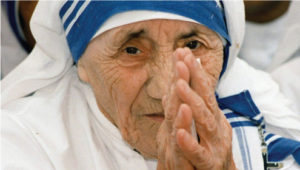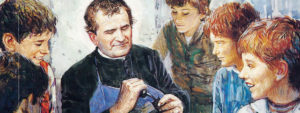When I met her some years ago, Sr Magdalene (name changed) was the superior of a home for the aged sisters of her own congregation. The conversation inspired me. Two things stand out in my memory.
“I am happy to look after our seniors,” she told me. “They are the ones who built up our province and all its institutions. Whatever we have today, we owe it to their hard work and committed life. Today, they are old, and some of them need looking after. I feel really happy to do what I can for them.”
Sr Magdalene had worked in the US and in Africa, and then come back to India. She was aware of the situation of elderly people in various countries. She brought this knowledge to help the senior sisters in her care.
She added one other point.
“I learn much from them,” she said. “For instance, we have a senior sister who has had surgery for breast cancer. I do the dressing of the wound. I know she has pain when we change the dressing. I ask her, ‘It hurts, doesn’t it?’ She will reply, smiling, ‘There is some pain, but that is OK.’ She does not complain or show a long face.”
Fr Joe Mannath SDB
To read the entire article, click Subscribe














